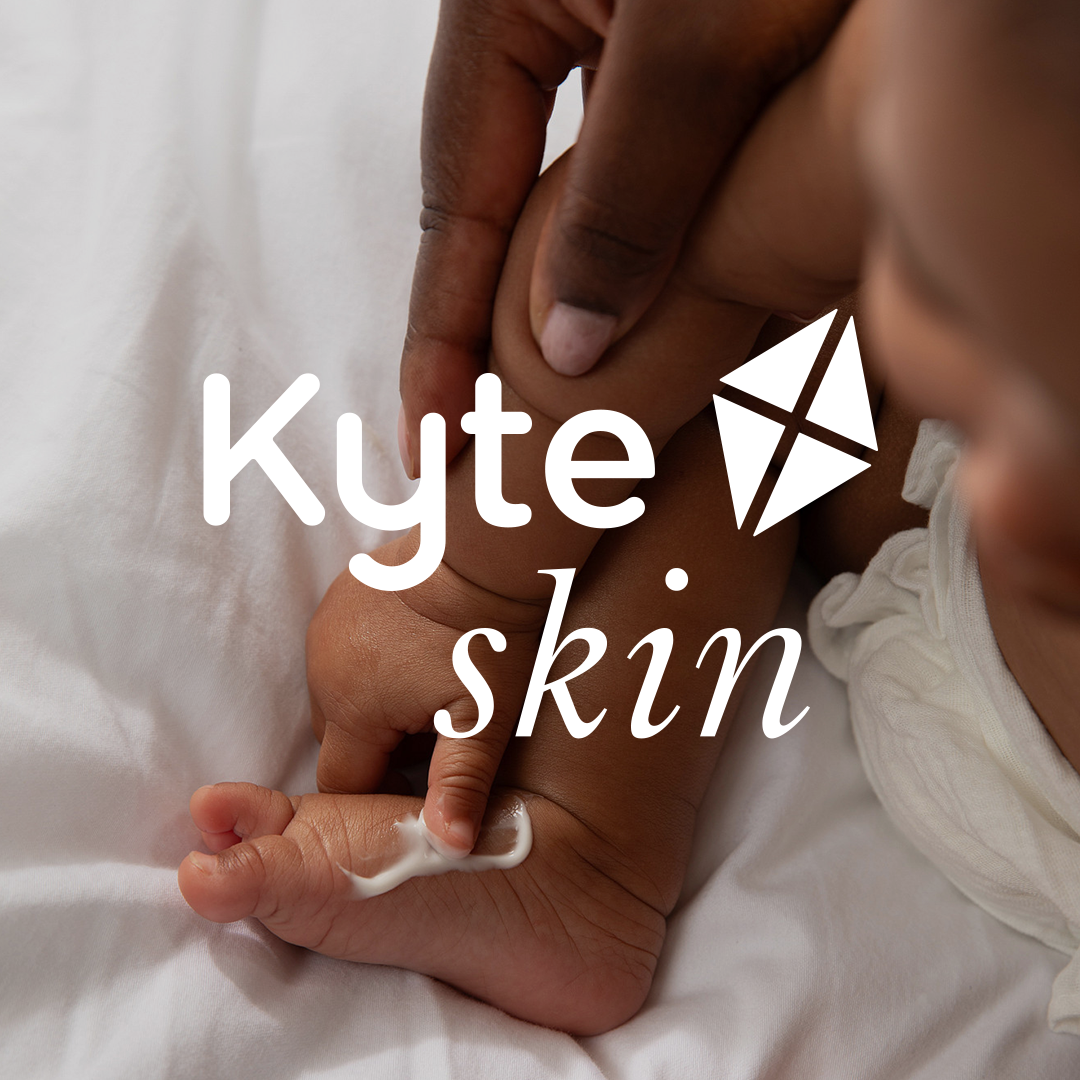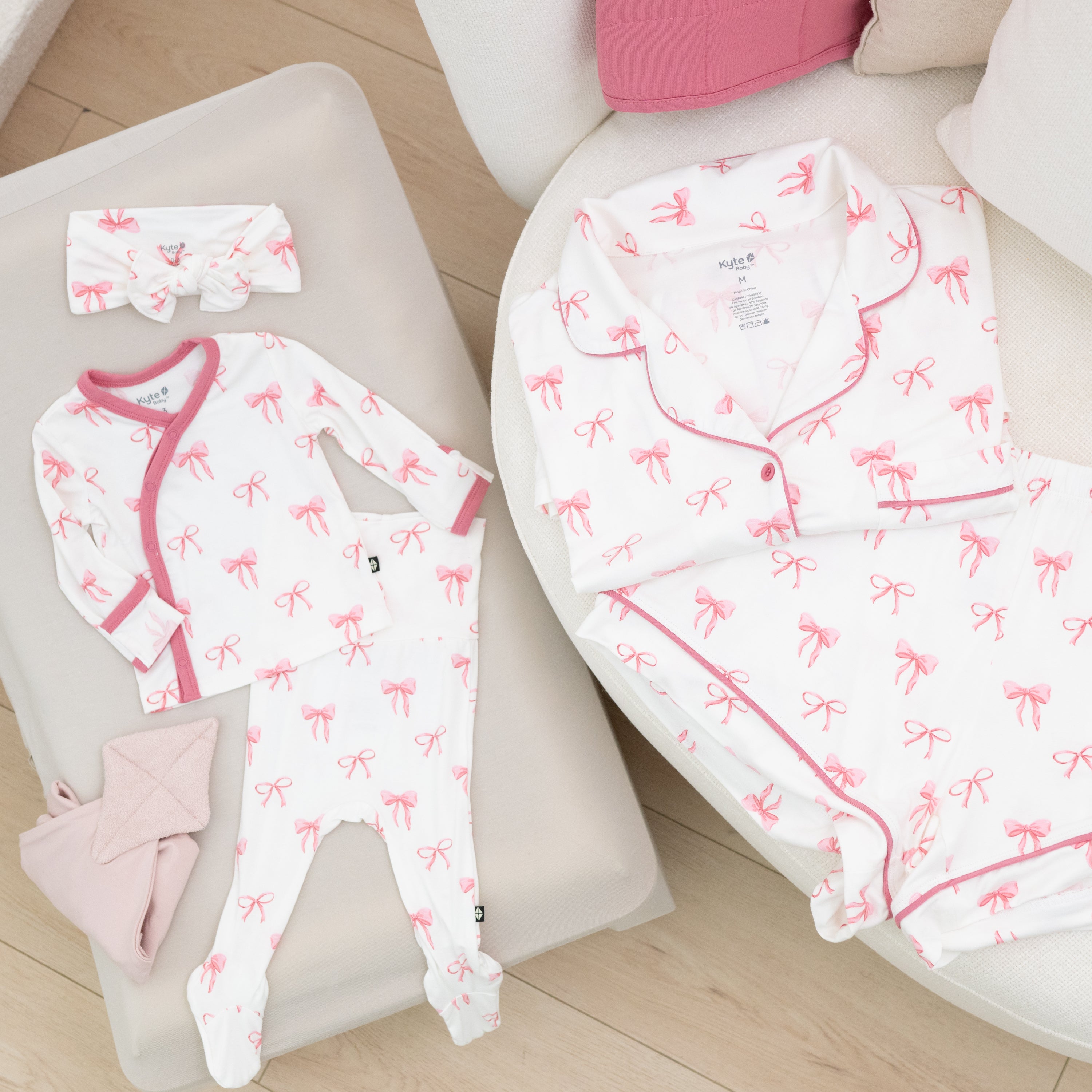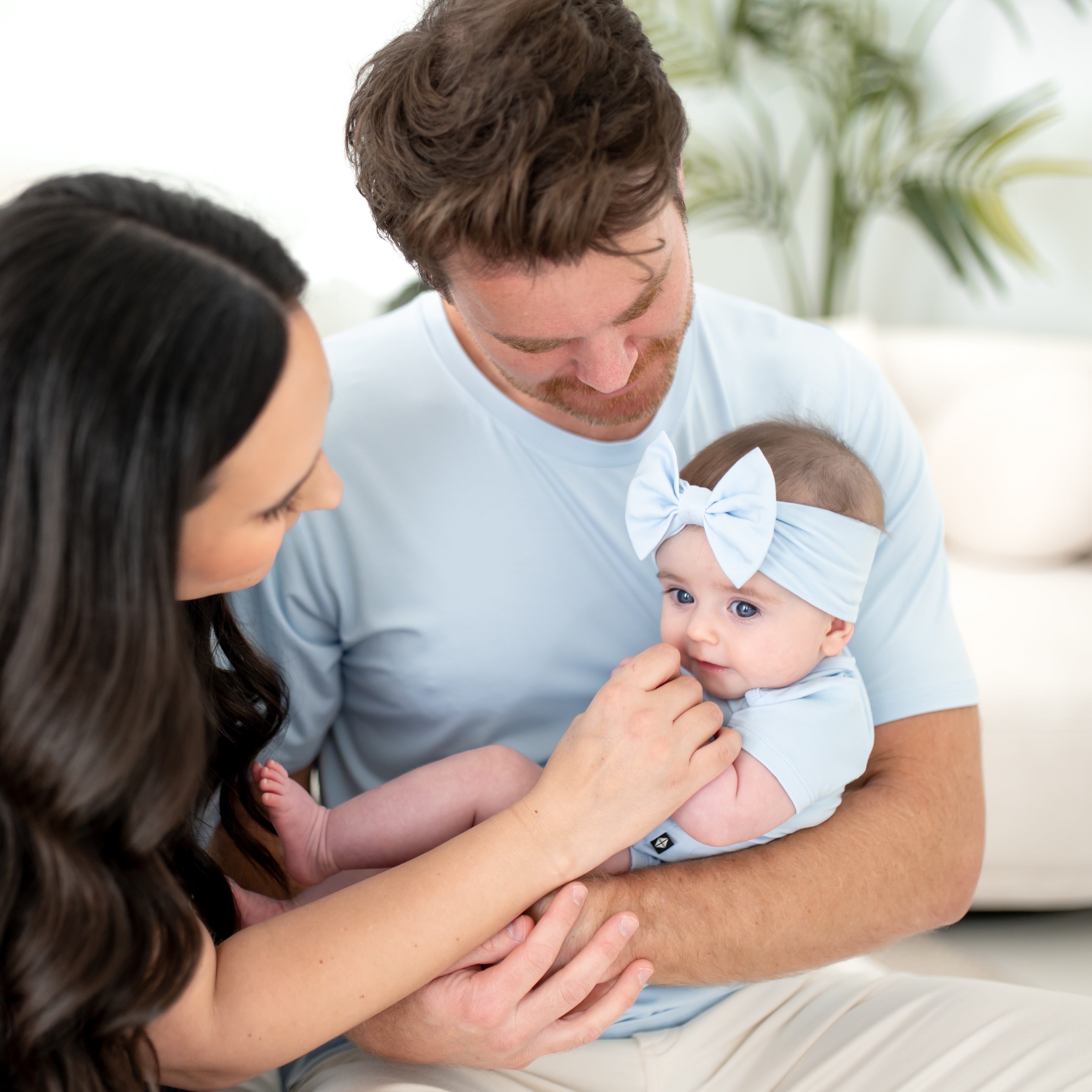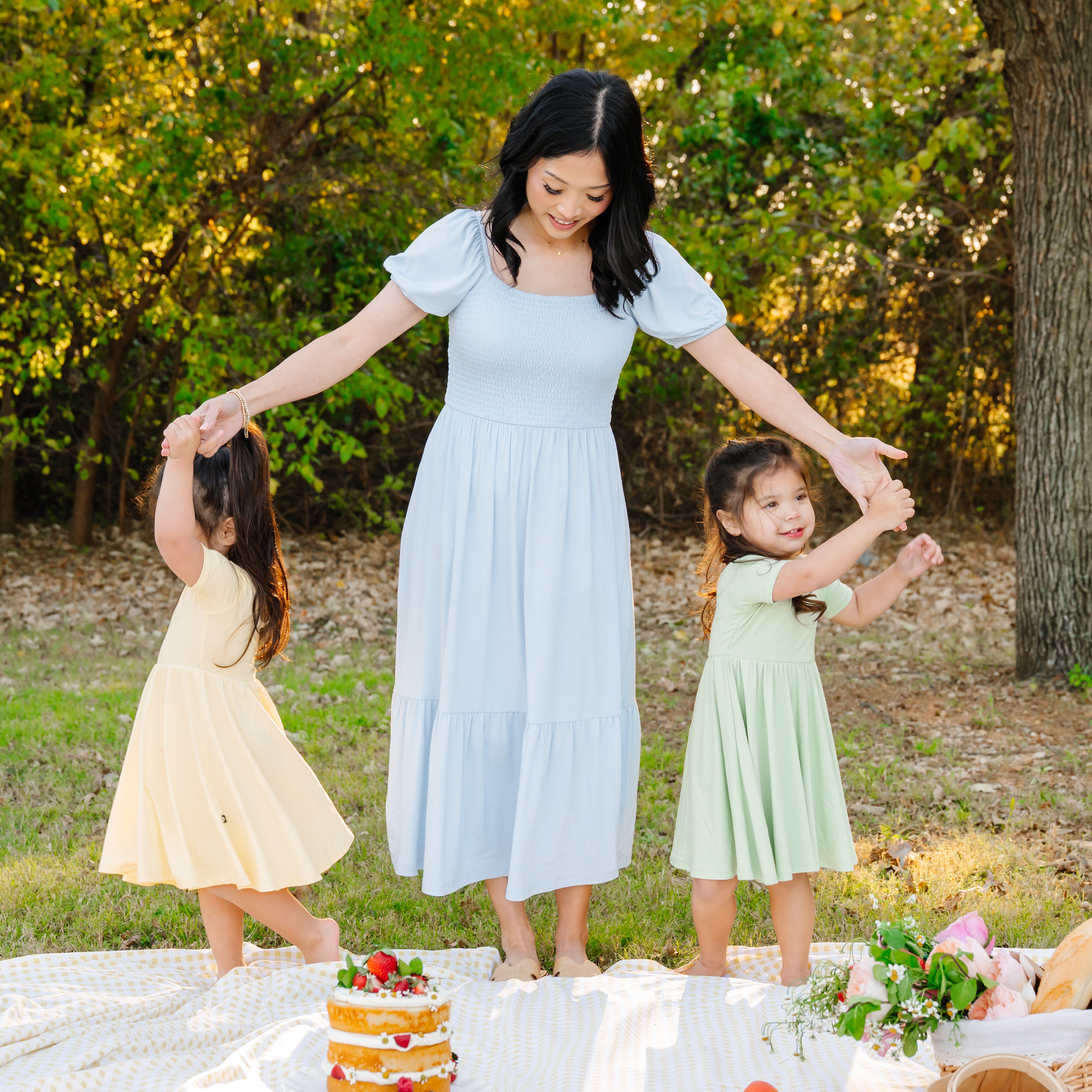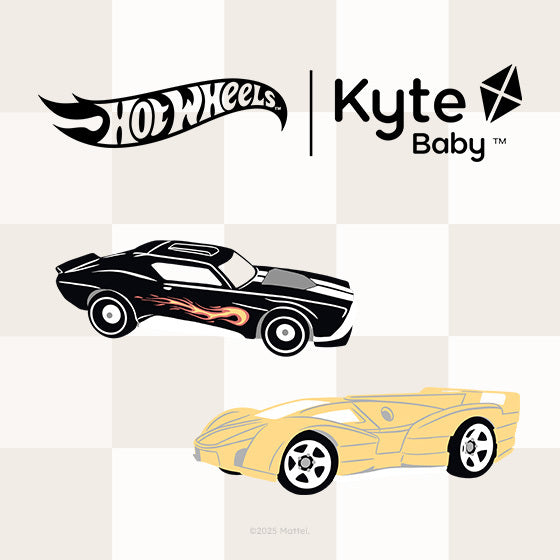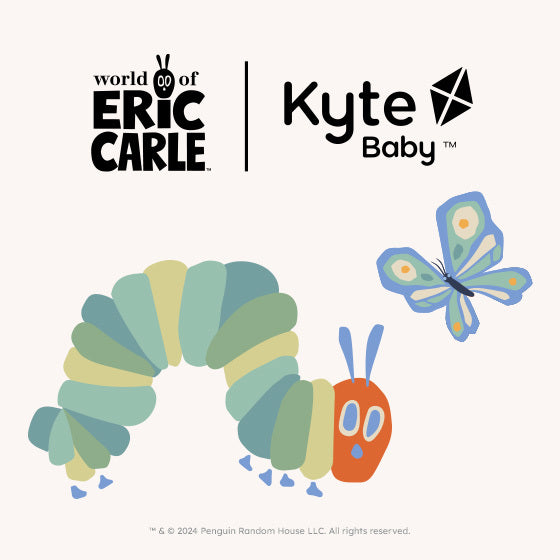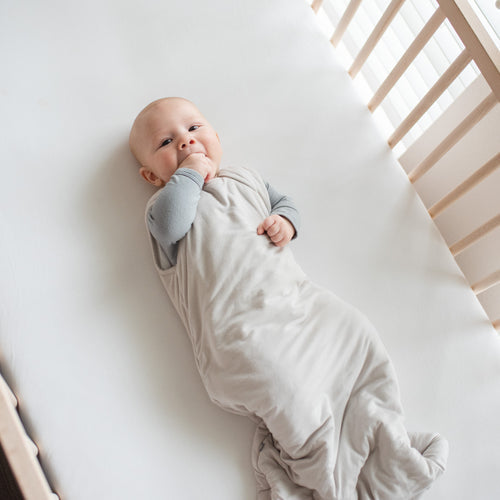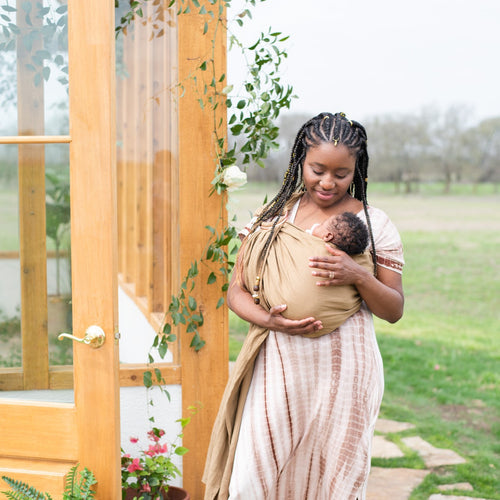Ah, summer. The season of fun. The word alone elicits childhood memories of running barefoot on warm grass, splashing around in the pool, and licking cherry popsicles before they melt in the sun’s rays. Close your eyes and you can almost feel the heat on your skin and smell the chlorine in your hair. Warm weather and long days means more time spent outdoors, which is even more exciting if you’re a new parent. We look forward to giving our children the same happy memories we love to look back on from our childhoods. Whether it be playing in the sand at the beach, wading in a backyard pool, having picnics on the grass, or just generally enjoying the warmth of the sunlight, it’s gratifying watching our children enjoy new experiences, and summer is perfect for just that.
However, like all good things, the hot weather poses its own set of dangers. Summer fun may seem harmless, but it’s always a good idea to be mindful and take measures to protect your little ones from sunburn, dehydration, or injury. Even the most responsible parent can forget to bring the sunblock or have a moment of distraction that leads to serious consequences. Take note of these easy-to-follow, easy-to-remember tips so you and your little one can have a truly enjoyable summer.

KEEP INFANTS UNDER SIX MONTHS OUT OF THE SUN
Taking your baby outside is not only essential for your own mental health, but also great for your baby’s cognitive development. However, in those first six months of life, your baby’s skin is the most vulnerable to UV rays. It’s also really sensitive, which means that sunscreen is not your best bet. Rather, keeping your little one out of direct sunlight is a much better and safer way to prevent UV exposure. Stay in the shade whenever you can and also dress your baby in a sunhat and light clothing that covers her arms and legs (if the weather permits). Sunglasses, while an adorable accessory, are also necessary. Pick one that filters out UV since the melanin in your baby’s eyes has not fully formed.
We know it’s not easy to avoid the sun 100% of the time, but you really can’t be too vigilant when it comes to sun damage. According to Skin Cancer Foundation, “there is strong evidence that sun exposure and sunburns during childhood multiply the risk of one day developing skin cancer, including melanoma.” It’s a scary thought, we know, so take the extra care to shield the very delicate skin of your little one from harsh UV rays that can penetrate through even car windows. Although most UVB rays are filtered out by glass, the passenger and rear windows of your car still allow UVA rays. The solution? A window shade and/or protective clothing for car rides!

LEARN THE SIGNS OF DEHYDRATION
One of the best things you can do for your baby is learn to read the signs of dehydration. Since your baby can’t communicate by any means other than crying (and she does a lot of it), it may be easy to disregard her wailing as something minor. However, hot weather means your baby needs more fluids, and if she isn’t getting enough breastmilk or formula for proper hydration, things can go downhill.
One of the biggest indications that your baby may be dehydrated is if she is producing fewer than six wet diapers per day or if her diaper stays dry for two or three hours. Her urine may also appear dark, which is a sign that it is more concentrated, and her soft spot on her head may look sunken in. Other symptoms to look for are:
- Cracked lips or dry, wrinkled skin
- Sunken eyes
- Listlessness
- Fewer tears when crying
- Unusually sleepy
- Deep, rapid breathing
- Cold, blotchy hands or feet
To avoid dehydration in hot weather, offer more breastmilk or formula than usual. Infants do not need water because they get sufficient hydration from breastmilk and/or formula. However, if your baby is showing any of these serious signs, go to her doctor or the emergency room immediately, as treatment may require hospitalization.
WATCH THAT WATER
Even if your baby’s been using a neck float in the bathtub since her newborn days and loves the water, it’s extremely important that your child is never left unsupervised around it. That goes for bathtubs, kiddie pools, regular pools, etc. Tragically, drowning is the one of the leading causes of accidental deaths in children. If you think scrolling through your phone as your baby splashes around in a shallow, inflatable pool is perfectly safe, think again. Those portable pools can be just as dangerous as regular pools, and any distraction, including taking a phone call, texting, or grabbing something from inside the house, can have deadly consequences.
Always stay within arm’s reach of your littleone—a practice known as “touch supervision.” Active supervision is the best defense against drowning. In films, drowning is often depicted with a great show of splashing, spluttering, and screaming, but reality is much different. When infants and children drown, it is often silent, which means you may not realize what’s happening until it’s too late. It’s also a good idea to instruct family members and caregivers to practice the same level of diligent supervision!
CHECK THE BACKSEAT
We’ve all heard the horror stories on the news and it’s every parent’s worst nightmare. Don’t leave your baby alone in a car. Ever. It seems like an obvious piece of advice, but it’s one that’s ignored too many times. It may seem like a hassle to unbuckle your baby from her car seat for an errand too quick for the effort, but statistics show that the temperature inside a car can rise to 104 degrees in just half an hour on a 70 degree day. Even if you think whatever you’re doing won’t take longer than a few minutes, just bring your baby with you.
Many parents do follow this practice, but another danger is forgetting your baby in the car. You may swear up and down that you could never forget your baby in the car, but most of the time it happens when sleep-deprived parents deviate from their usual schedules. Perhaps another caregiver is usually the one to pick up your baby from daycare, but you did it that day. As you’re driving home, exhausted from being up the night before, and trying to remember all the things you have to juggle, it’s very easy for your brain to go on autopilot. Let’s say your baby is fast asleep in her carseat, not making a sound, and your muscle memory kicks in. You usually exit your car without your child, since she’s with a caregiver, so you do the same today. This can be a fatal error. Get in the habit of checking your backseat before you leave the car. Check it once, twice, three times if you have to. It might seem like overkill, but the idea of leaving your baby in a hot car is absolutely bone-chilling. Screw it, check a fourth time.

If there’s one thing to be gathered here, it’s that you really can’t be too safe. We know how exciting summer and its activities are for everyone, but taking extra precaution doesn’t mean raining on an easygoing time. Following these safety tips actually ensures that fun keeps going all summer long.

